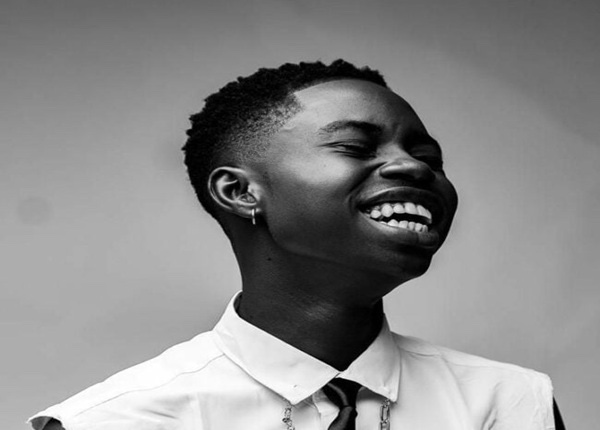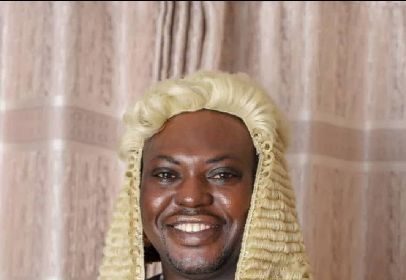LAGOS, NIGERIA – Popular Nigerian TikTok personality Habeeb Hamzat, widely known as Peller, has publicly expressed outrage over an alleged ₦36 million income tax demand from the Lagos State Internal Revenue Service (LIRS). The content creator voiced his frustration during a recent livestream, sparking a conversation about the taxation of social media influencers in Nigeria.
Peller, who rose to prominence in 2024 for his comedic content, lamented the “excessive” tax bill, stating that he does not have the funds and is already struggling financially. He questioned the justification for such a large sum, particularly given his relatively short time in the limelight. “The task force said I should pay N36 million for tax. I swear to Almighty Allah, I don’t have anything. I only came into the limelight last year,” he said during the livestream.
The development comes amidst a broader move by the Lagos State Government to expand its tax base to include digital economy workers, freelancers, and influencers. In mid-2024, the state announced plans to generate significant revenue from this sector through a new tax management system. This strategy is part of a larger initiative to increase the state’s internally generated revenue and fund critical development projects.
The LIRS’s move to audit and tax content creators like Peller highlights the government’s effort to formalise the digital economy and ensure that individuals earning income from online platforms contribute to the state’s development. While the government views this as a necessary step for sustainable urban development, Peller’s public outcry underscores the challenges and concerns faced by many in the digital creative space regarding tax obligations and a lack of perceived government support.
As the story gains traction on social media, it is bringing renewed attention to the tax policies for online earners and the ongoing debate about the responsibilities of both content creators and government agencies in Nigeria’s rapidly evolving digital landscape.












